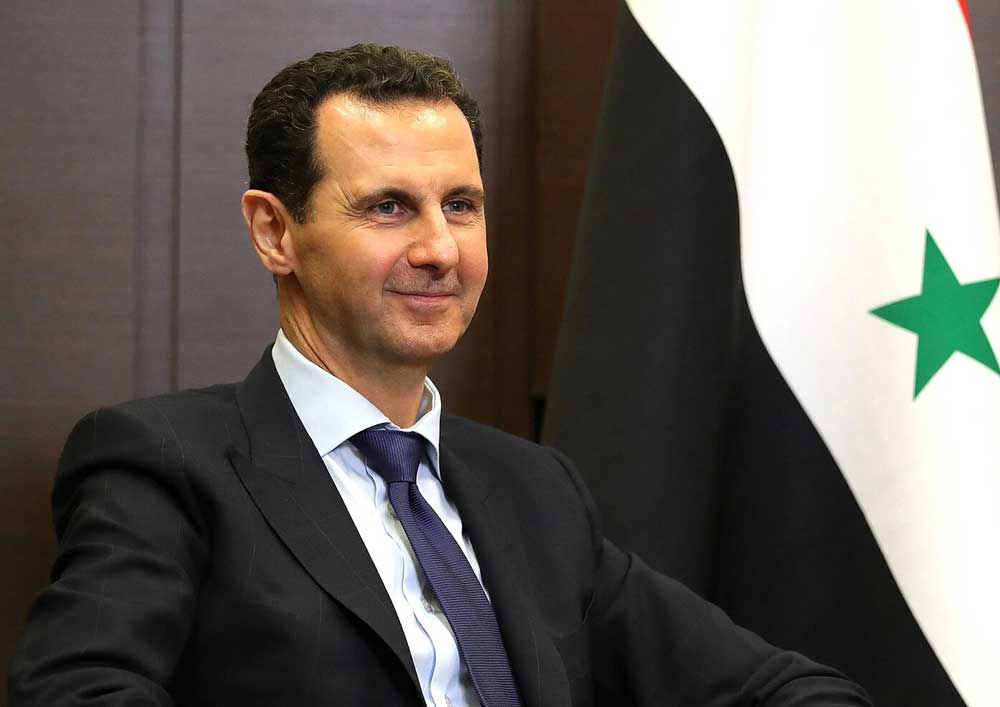
Syria’s rebel forces, primarily led by Hayat Tahrir al-Sham (HTS), have made significant gains, capturing key cities like Aleppo, Hama, and now Homs, shifting the civil war’s dynamics after years of relative stalemate.
How did the rebels surge forward?
The rebels’ recent success stems from a confluence of factors. Primarily, it’s the weakening and distraction of President Bashar al-Assad’s traditional allies.
Russia, with its ongoing war against Ukraine, has been unable to provide the same level of military support to Assad, with its air forces stretched thin. Similarly, Iran, facing economic crises and its own regional conflicts alongside Hezbollah, is less capable of bolstering Assad’s troops due to losses and engagements elsewhere.
Sensing the vulnerability of Mr. Assad’s government, the rebel groups launched what they termed ‘Operation Deterrence of Aggression,’ an offensive that caught the Assad regime off-guard.
The rebels managed to make gains with better organization and perhaps even some tacit approval from neighboring countries like Turkey, which has its own interests in Syrian politics. They’ve not only captured major urban centers but have also seized military equipment, including tanks and helicopters, which have further emboldened their advance.
Assad’s Options
President Assad now faces his most severe threat since the conflict’s onset in 2011. His regime, which once relied heavily on Russian air strikes and Iranian ground forces, appears increasingly isolated. The Syrian army has shown signs of disintegration, with reports of soldiers deserting and government forces retreating from strategic locations.
Mr. Assad has but few options left.
With his back against the wall, the Syrian President might see negotiations as a way to salvage some power, though the rebels, particularly HTS, have shown little interest in anything less than regime change.
Mr. Assad could seek help from new or less involved allies. Countries like China or even some Arab states that have begun to normalize relations with Damascus could be approached. However, their willingness to intervene directly remains uncertain.
President Assad might attempt to make his last stand in Damascus, leveraging the city’s complex urban landscape for defensive guerrilla tactics.